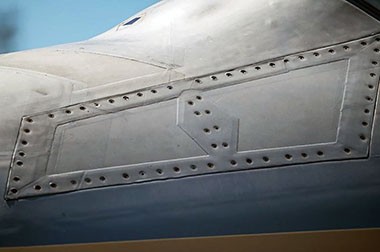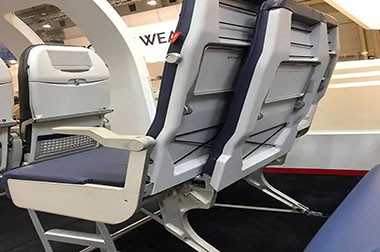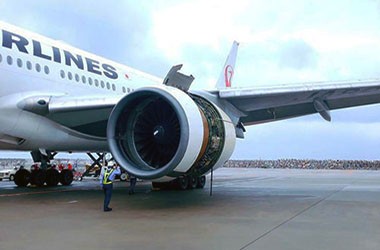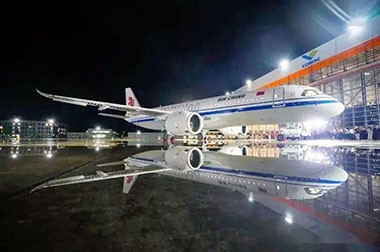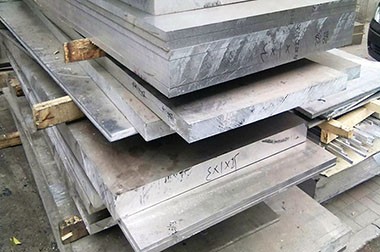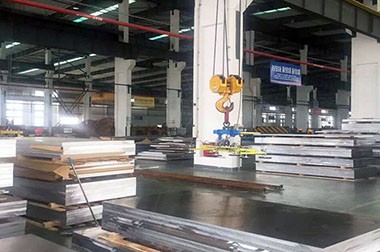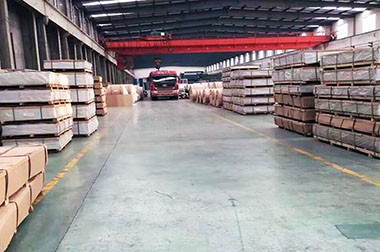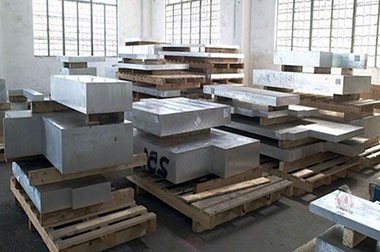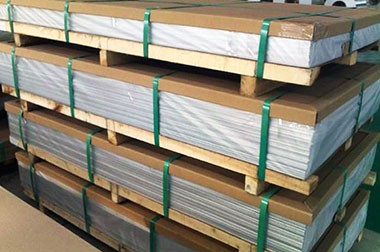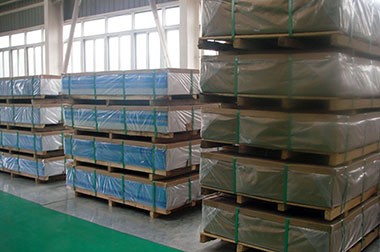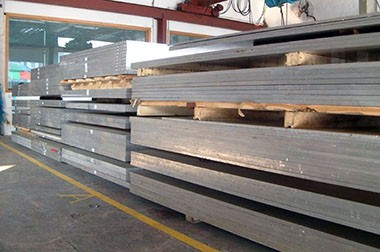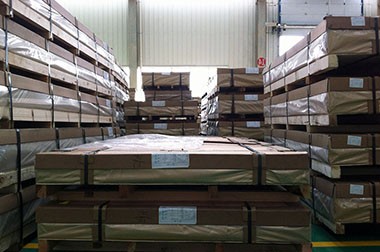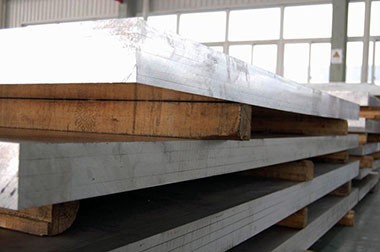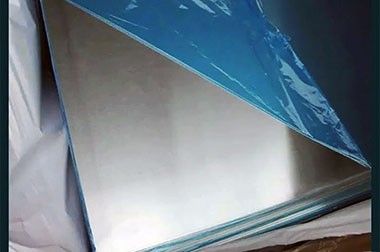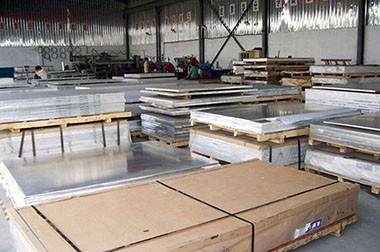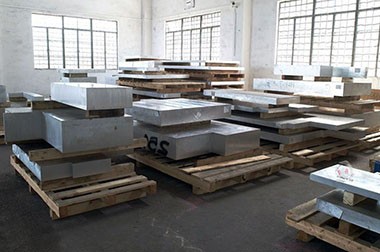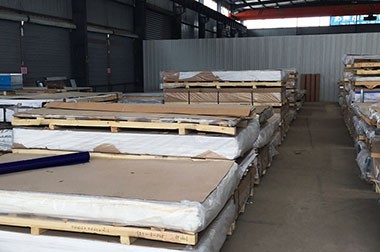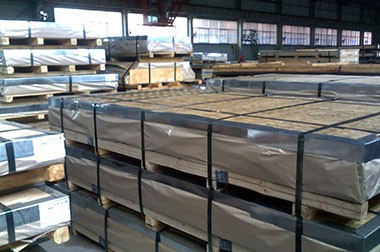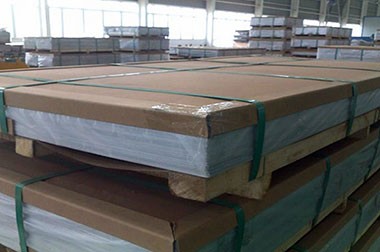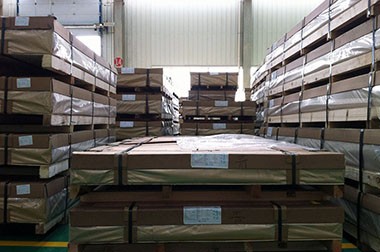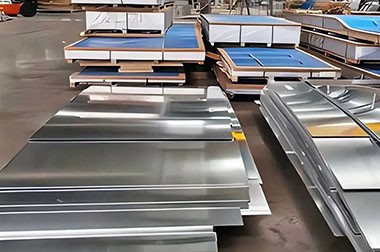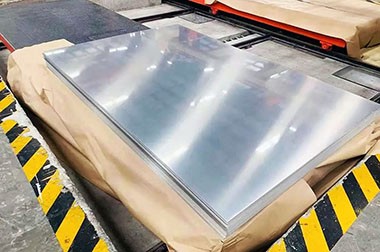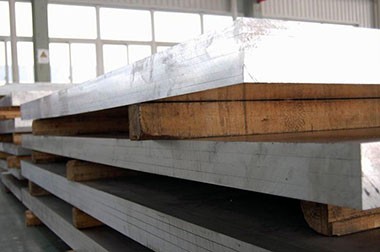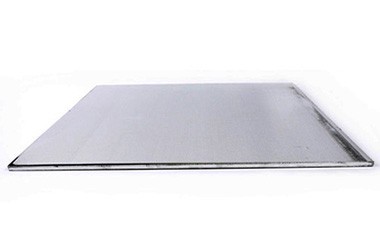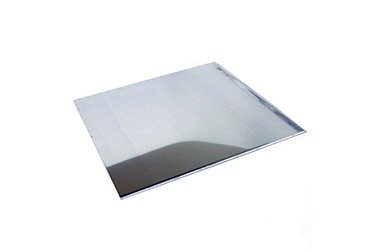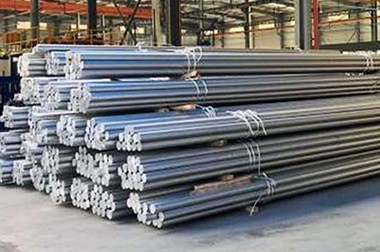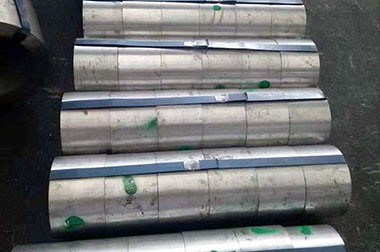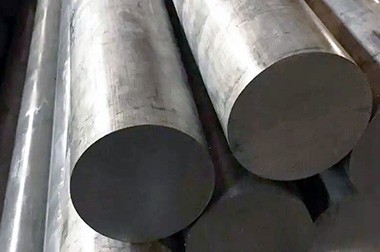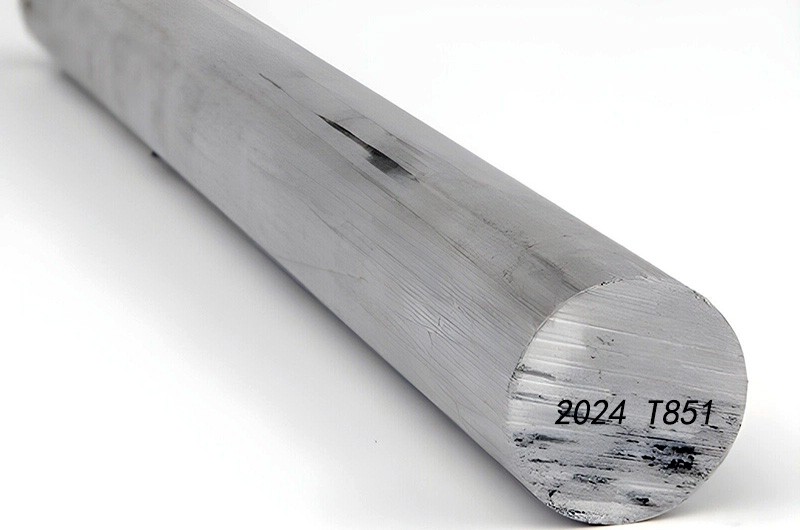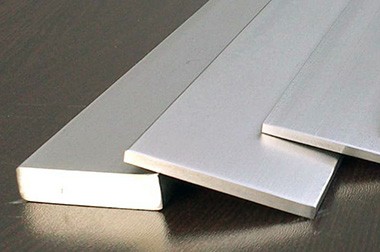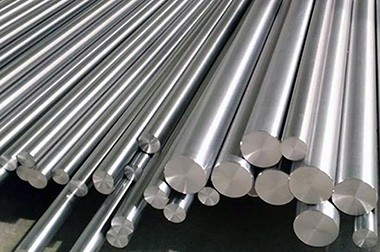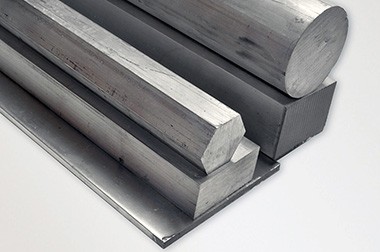2024 T3 T4 Aerospace Aluminum Sheet Plate
2024 T3 and 2024 T4 are common aluminum alloys used in aviation, widely applied in aerospace and other high-performance fields.
2024 T3 and T4 aluminum alloys are high-strength materials suitable for structural applications that require high strength and low weight, but they have certain limitations in corrosion resistance and weldability.
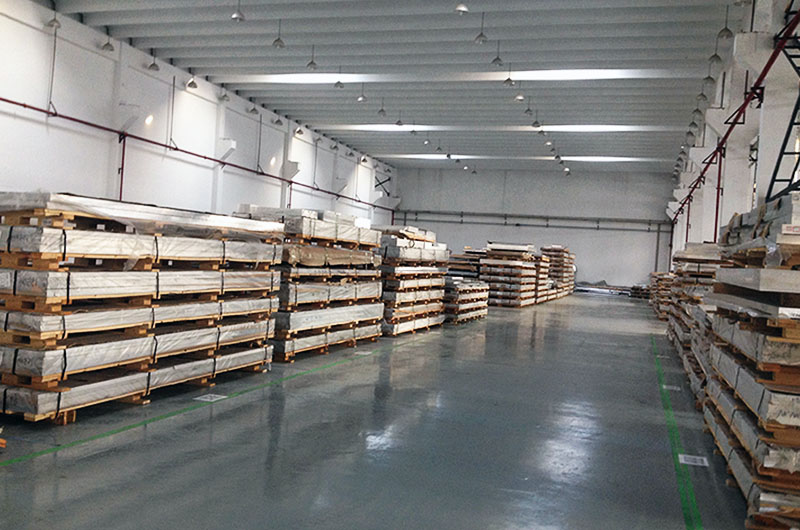
What is 2024 Aircraft Grade Aluminum?
2024 aircraft-grade aluminum is an aluminum alloy commonly used in the aerospace industry, primarily composed of aluminum and copper as alloying elements.
- 2024 T3 condition: After solution treatment and natural aging, it has good strength and toughness, suitable for structural components requiring high strength.
- 2024 T4 condition: After solution treatment and artificial aging, it has high strength and better corrosion resistance, suitable for applications requiring both high strength and good formability.
Characteristics of 2024 Aerospace Aluminum Sheet Plate
- High Strength: 2024 aluminum alloy has very high tensile strength, suitable for applications that must bear high loads.
- Good Fatigue Strength: Suitable for working under repeated loads, able to resist fatigue failure.
- Good Machinability: After heat treatment, 2024 aluminum alloy can be shaped through milling, drilling, and other machining methods, making it suitable for manufacturing complex structural parts. However, its welding performance is relatively poor, typically requiring specialized welding techniques.
- Corrosion Resistance: Although its corrosion resistance is not as good as some other aluminum alloys (such as 7075), surface treatments can enhance its corrosion resistance.
- Wide Application: Commonly used in high-strength areas such as aircraft fuselage, wing beams, and structural components.
Specification of 2024 Aluminum Sheet
| Alloy | Type | Temper | Thickness(mm) | Width(mm) |
| 2024 | Thick plate | T351 | 4-260 | 1200-3800 |
| Thin plate | T3/T4 | 0.3-0.4 | 1000-2600 |
- Bare aircraft aluminum sheet plate standard:QQ-A-250/4, AMS 4035, AMS 4037, AMS 4027, FMS 10101
- Clad aircraft aluminum sheet plate standard:QQ-A-250/5, AMS 4040, AMS 4041, BMS 7-305
- Haomei accreditations: AS9100, OHSAS 18001, ISO14001, ISO 9001, NADCAP HT, NADCAP NDT, IATP16949
Advantages of 2024 Aerospace Aluminum Sheet Plate
- 1. Lightweight: Compared to traditional steel, 2024 aluminum alloy significantly reduces component weight while ensuring strength.
- 2. Strength: Exhibits excellent tensile strength, suitable for bearing high loads during flight.
- 3. Fatigue Performance: Outstanding fatigue performance ensures stability during long-term use.
Applications of 2024 Aerospace Aluminum Sheet Plate
2024 T3 T4 aerospace aluminum sheets are widely used in the aerospace field, particularly for aircraft structural components, wings, and fuselage frames. Additionally, they are used in the manufacture of missiles and high-performance automotive parts, as their lightweight and high-strength characteristics enhance overall performance and fuel efficiency.
1. Structural Components
- Fuselage Frames: Used to manufacture the main structural frames of aircraft to provide strength and rigidity while reducing weight.
- Wing Components: Used in parts of the wings, such as ribs and supporting structures, to withstand pressures and loads during flight.
2. Bulkheads and Reinforcements
Used as materials for internal bulkheads and reinforcements in aircraft, providing additional strength and stability to ensure safety in high-stress environments.
3. Aircraft Shells
Used in manufacturing parts of the aircraft shell to maintain lightweight and improve aerodynamic performance.
4. Aircraft Engine Components
In some aircraft engine components, 2024 aluminum alloy can be used for parts that withstand high temperatures and pressures, although it is typically combined with other heat-resistant alloys.
5. Military Applications
Used in structural components of military aircraft and drones, emphasizing impact and fatigue performance to cope with harsh combat environments.
6. Transportation Vehicles
In addition to aircraft, it is also applied in some high-performance transportation vehicles and racing cars to enhance overall efficiency and performance.
2024 Aerospace Aluminum Sheet Plate Chemical Composition
| Alloy | Si | Fe | Cu | Mn | Mg | Cr | Zn | Zr | Ti | Standard |
| 2024 | 0.50 | 0.50 | 3.8-4.9 | 0.30-0.90 | 1.20-1.80 | 0.10 | 0.25 | - | 0.15 | GB/AMS/EN |
2024 Aerospace Aluminum Sheet Plate Mechanical Properties
| Alloy | Temper | Direction | Thickness(mm) |
Tensile strength(mm) RM(Mpa) |
Yield strength RP0.2(Mpa) |
Breaking elongation A50% |
Standard |
| 2024 thick plate | T351 | LT | 6-102 | 460-495 | 320-340 | 12.5-21.5 | AMS-QQ-A-250/4 |
| 2024 thin plate | T4 | - | 0.3-3.5 | 430-450 | 280-310 | 18-21 |
GB/T380 EN485 ASTM B209 |
Machining Characteristics of 2024 Aerospace Aluminum Sheet Plate
When machining 2024 aluminum alloy, it is important to consider its work hardening characteristics, typically using cold working or hot working methods. Caution is needed during welding, as this alloy has relatively poor weldability, which may lead to a reduction in the strength of the welded joints.
2024 aluminum also has high strength and some heat resistance, making it suitable for working parts below 150°C. Its strength exceeds that of 7075 aluminum plates at temperatures above 125°C. It exhibits good formability in the solution-treated, annealed, and freshly quenched states, with significant strengthening effects from heat treatment, although the heat treatment process has strict requirements.
2024 Aluminum Sheet Plate Stock List
Is 2024 aluminum stronger than 6061?
Yes, 2024 aluminum alloy is generally stronger than 6061 aluminum alloy. 2024 aluminum alloy is a high-strength aerospace aluminum alloy commonly used in aerospace and military applications, known for its high tensile and fatigue strength. In contrast, 6061 aluminum alloy is a more common alloy with good corrosion resistance and machinability, suitable for various engineering applications, but with relatively lower strength.
What is the difference between 2024 and 7075 aluminum?
2024 aluminum alloy is often used in aerospace structures, wings, and aircraft frames that require high strength and good fatigue performance.
7075 aluminum alloy is suitable for aerospace, military, and high-performance sports equipment (such as bicycle frames and climbing gear) that demand extremely high strength.
What temperature should aluminum 2024 be used at?
2024 aluminum alloy is suitable for high-strength and high-temperature applications, but caution should be exercised when temperatures exceed 120°C to avoid reduced strength and performance. The operating temperature for 2024 aluminum alloy typically ranges from -50°C to 150°C. Within this temperature range, it maintains good mechanical properties and strength. However, beyond this range, particularly in high-temperature environments, the strength of 2024 aluminum may decrease.
You may also be interested in the following
-
2024 T4 Aircraft Aluminum Sheet Plate for Fuselage Skins
The 2024-T4 aluminum alloy used for the fuselage skin features high strength, good formability, and excellent plate shape and surface quality.
-
7150 7055 2024 Aluminum for Aircraft Wing Panel
7150, 7055, 2024 have high strength, high toughness, corrosion resistance and other properties, suitable for manufacturing wing skin wall panels, wing ribs and webs and other structural parts.
-
7055 2024 Aluminum Plate for Aircraft Seats
7055 and 2024 aluminum alloy profiles are commonly used materials for manufacturing aircraft seats and are widely used due to their excellent performance.
-
2024 Aerospace Aluminum for Engine Cowl Skins
2024 high-strength aluminum is used for engine cowling skins because of its strength-to-weight ratio and high-temperature resistance, providing protection and optimal airflow.
-
2024 7075 Aerospace Aluminum for Door Components
2024 and 7075 high-strength aluminum alloys are used in aircraft door components to ensure durability, deformation resistance, and safety.
-
2024, 7075, and 7475 Aerospace Aluminum for Wing Skins
2024, 7075, and 7475 combinations exhibit excellent strength and fatigue resistance, making them suitable for wing skins to withstand deformation under stress.
-
2024 7075 Aerospace Aluminum for Fuselage Frames
2024, 7075, and 7475 aluminum alloys are essential materials in aerospace engineering, particularly for fuselage frames. Their unique properties enable engineers to select the most appropriate alloy based on specific requirements for strength, weight, corrosion resistance, and fatigue performance.
-
2024 7050 7075 Aerospace Aluminum for Horizontal Tail Fittings
Alloys 2024, 7050, and 7075 provide the necessary strength and stiffness for horizontal tail components of aircraft, ensuring reliable control surface performance.

